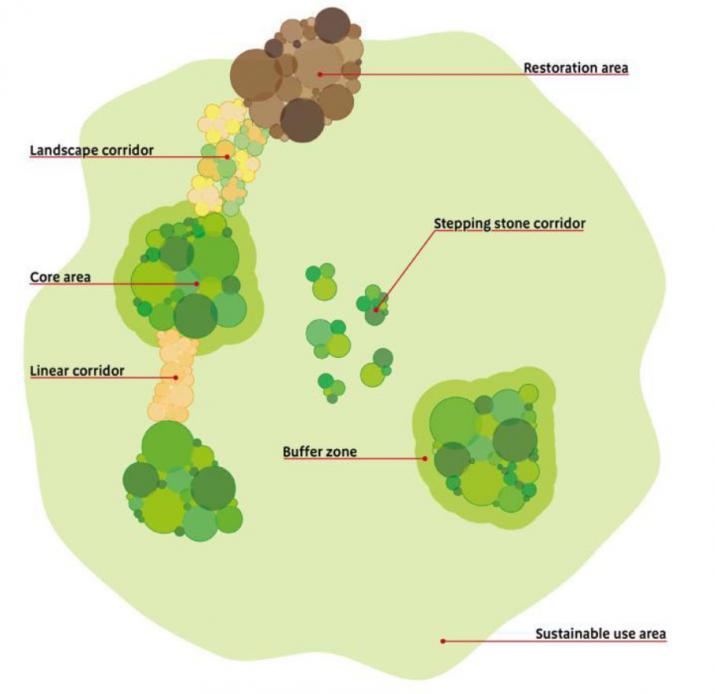
For anyone with any interest in conservation in the UK, the publication of the Lawton Review is a must-read. It covers the current state of England's protected areas and investigates to what extent they provide a coherent ecological network.
- Many of England‟s wildlife sites are too small (77% of SSSIs and 98% of LWS are smaller than 100 ha).
- Losses of certain habitats have been so great that the area remaining is no longer enough to halt additional biodiversity losses without concerted efforts.
- With the exception of Natura2000 sites and SSSIs, most of England‟s semi-natural habitats important for wildlife are generally insufficiently protected and under-managed.
- Many of the natural connections in our countryside have been degraded or lost, leading to isolation of sites.
- Too few people have easy access to wildlife.
The result is a series of 24 recommendations including:
- Plan ecological networks: local authorities should lead ecological network planning, working with third sector and government agencies; clarify that local authorities‟ biodiversity duty include planning ecological network; recognise large areas as Ecological Restoration Zones; identify and protect wider ecosystem services (making space for water, coasts, carbon and people).
- Protect network components: designate and manage SSSIs (and other sites) in ways that enhance their resilience to climate change; public bodies owning land should do more to realise its potential; better protect remaining high-value areas.
- Manage network components: maintain progress with SSSI management; better manage Local Wildlife Sites; National Parks and AONBs should become exemplars of coherent and resilient networks; retain HLS, consider new „ELS-Plus‟ to buffer sites and establish ecological corridors; promote new markets to support payment for ecosystem services.
- Establish new network components: existing and new habitat creation requires greater focus (especially in ERZs); consider new sources of funding e.g. biodiversity offsets and tax incentives.
The full report can be accessed at:
http://www.defra.gov.uk/environment/biodiversity/documents/201009space-for-nature.pdf (2)